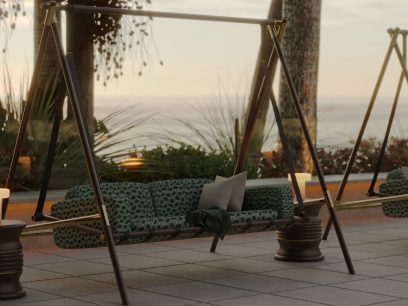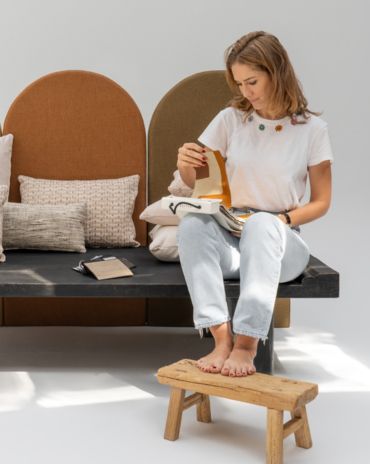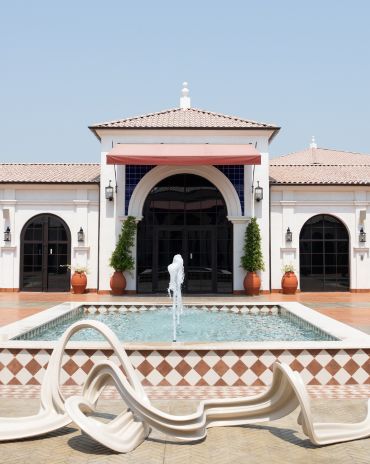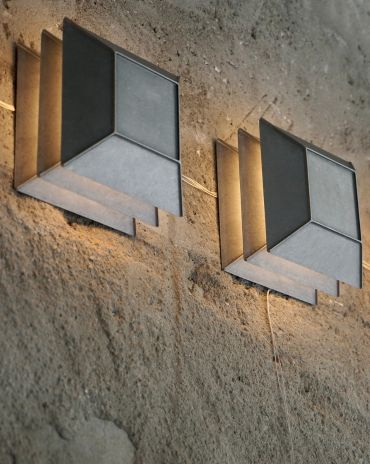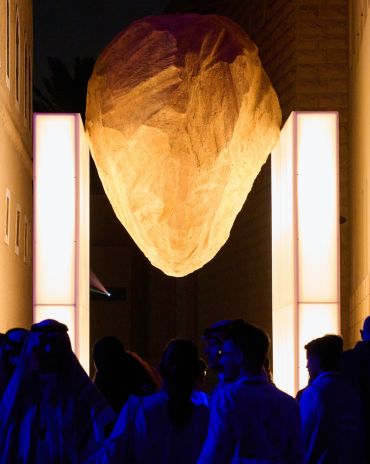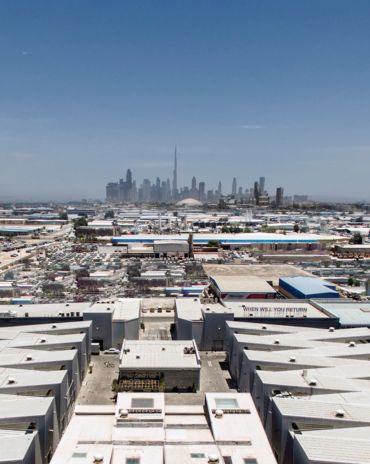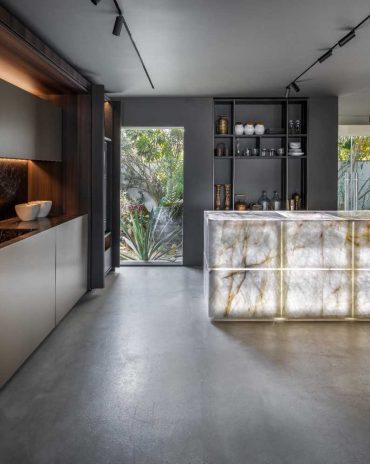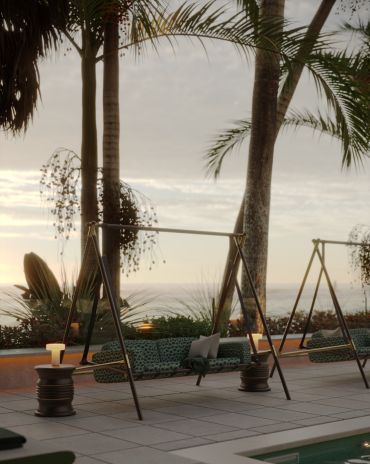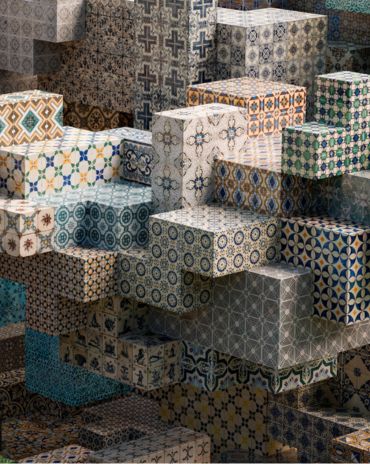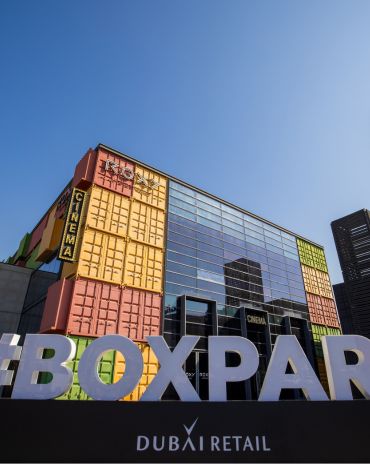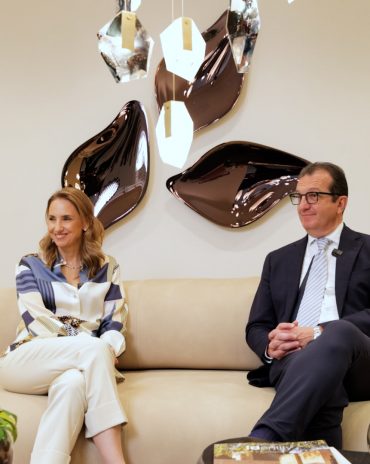Copyright © 2025 Motivate Media Group. All rights reserved.
Studio Lél is a creative collective in Pakistan at the crossroads of fine art, design and craft reinventing ancient techniques
The creative collective creates objects that reinvent the ancient technique of handcrafted stone inlay
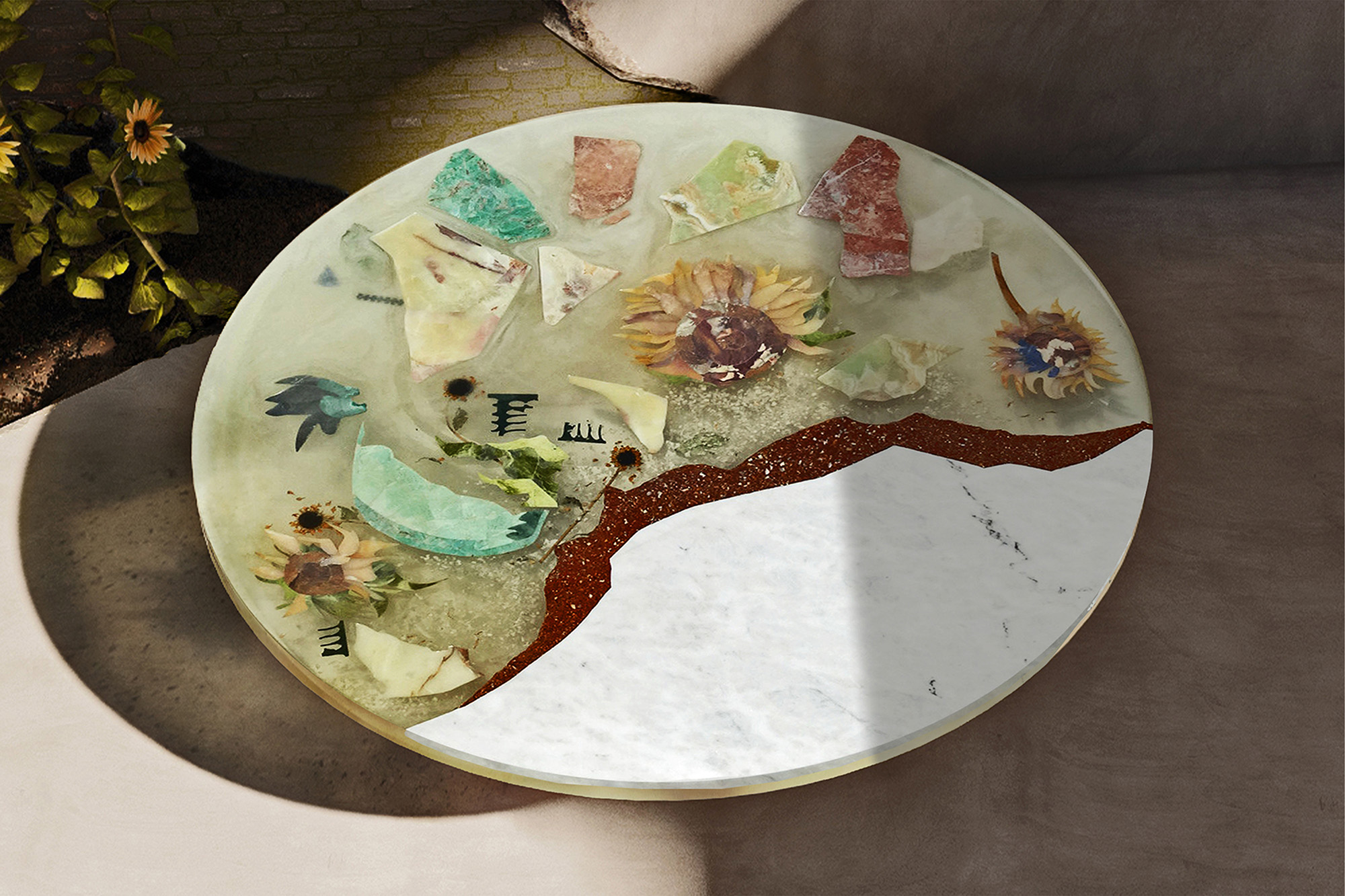
Few people outside of Pakistan may have heard about its city of Peshawar – which is located close to the Afghanistan border. However, in the opinion of architect and artist Meherunnisa Asad, the artistic director of collective Studio Lél, Peshawar should be considered a cultural hub.
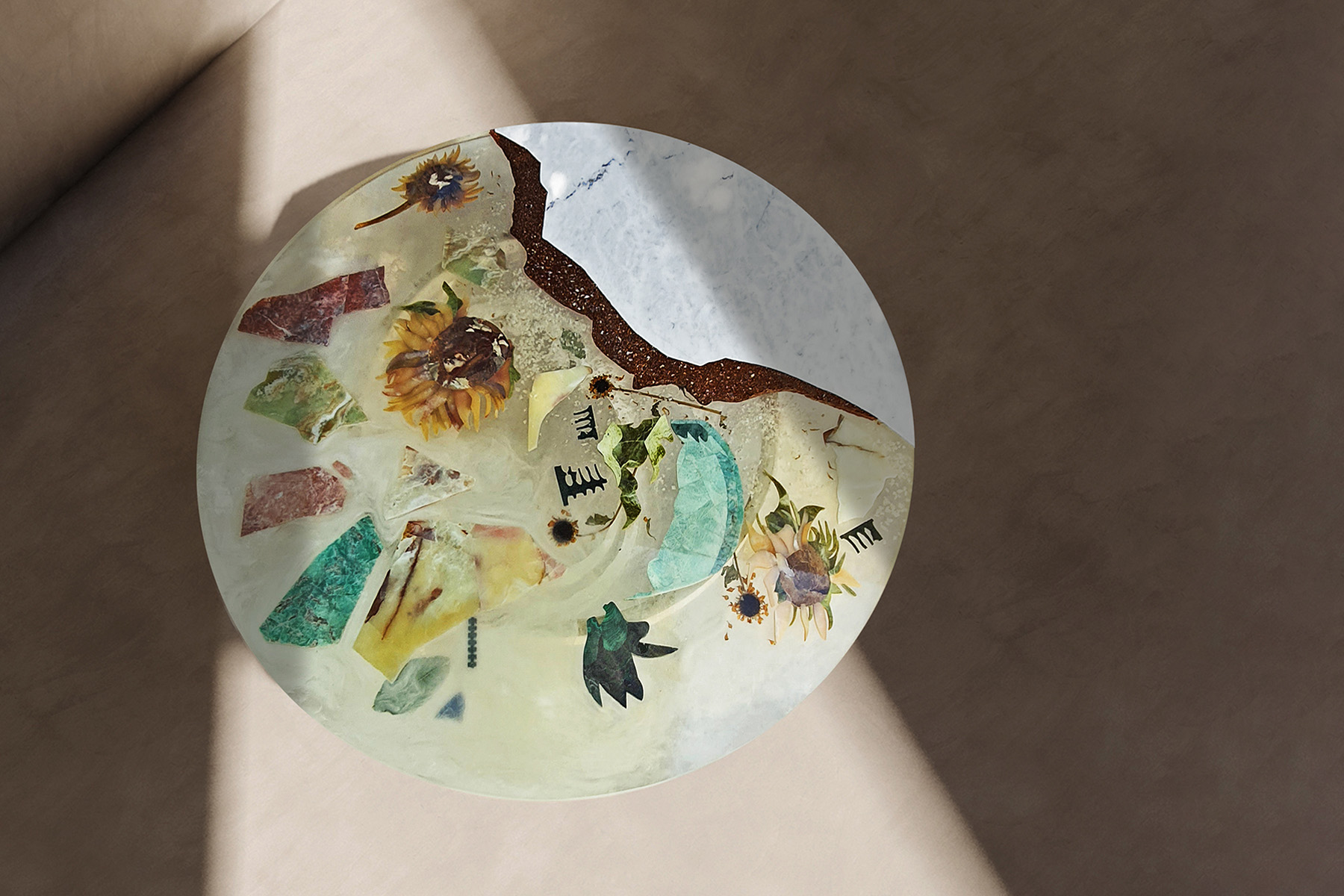
“There are still many misconceptions about Pakistan in the West,” she begins. “Many people have a distorted perspective of the country because of what they see in the news. Peshawar is one of the oldest living cities in South Asia, with a walled city that is remarkably well preserved.”
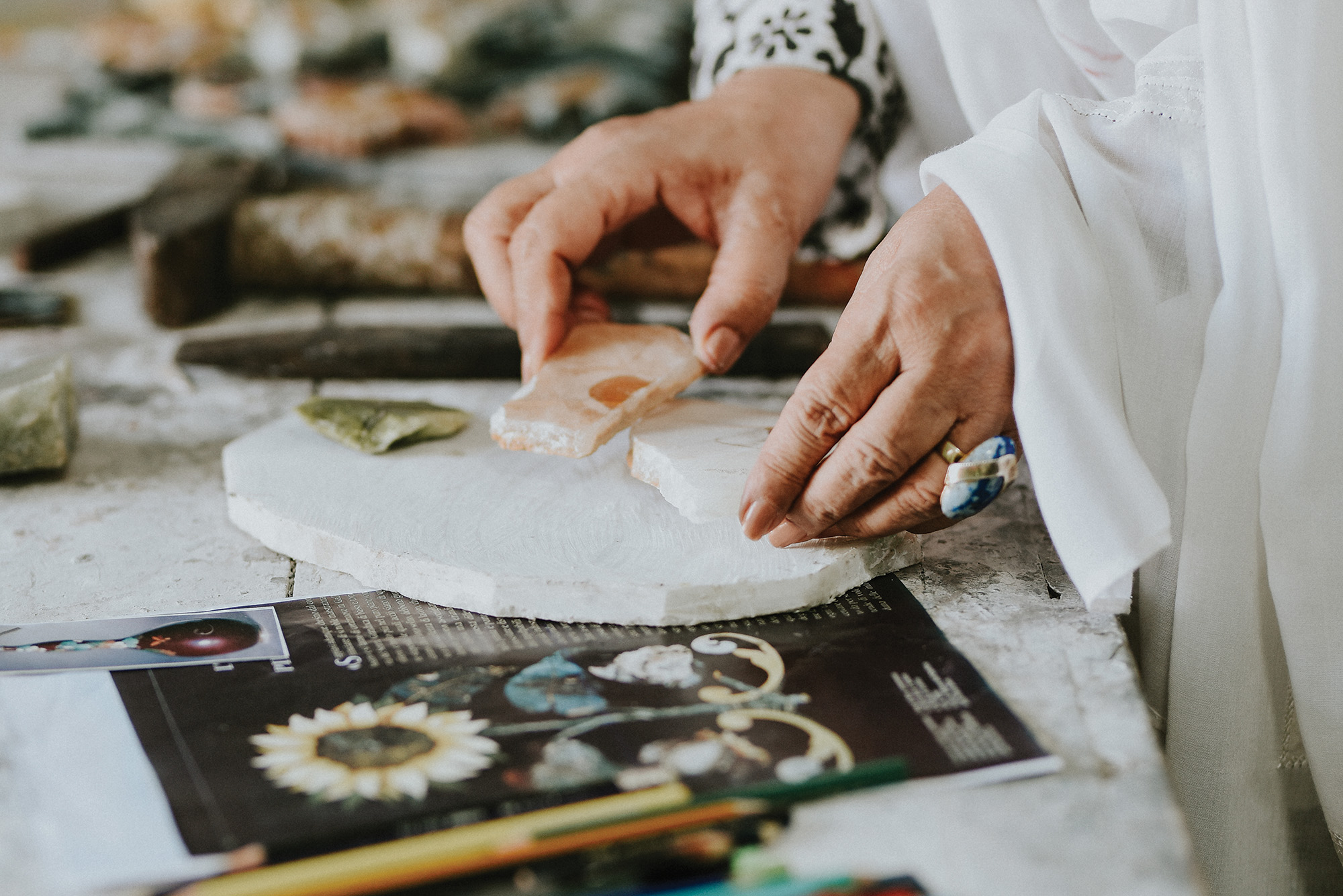
It is there – in the sixth most populous city of the country – that Studio Lél has its workshop. Everything started around 30 years ago, when the founder of the collective, Farhana Asad (Meherunnisa’s mother), came across a box in a bazaar in northern Pakistan that was adorned with inlaid stonework. When Farhana found the Afghan craftsman who had made this piece, she asked him to give her lessons. This collaboration between artisans who have mastered old techniques and people escaping the war in Afghanistan is key for Studio Lél today.
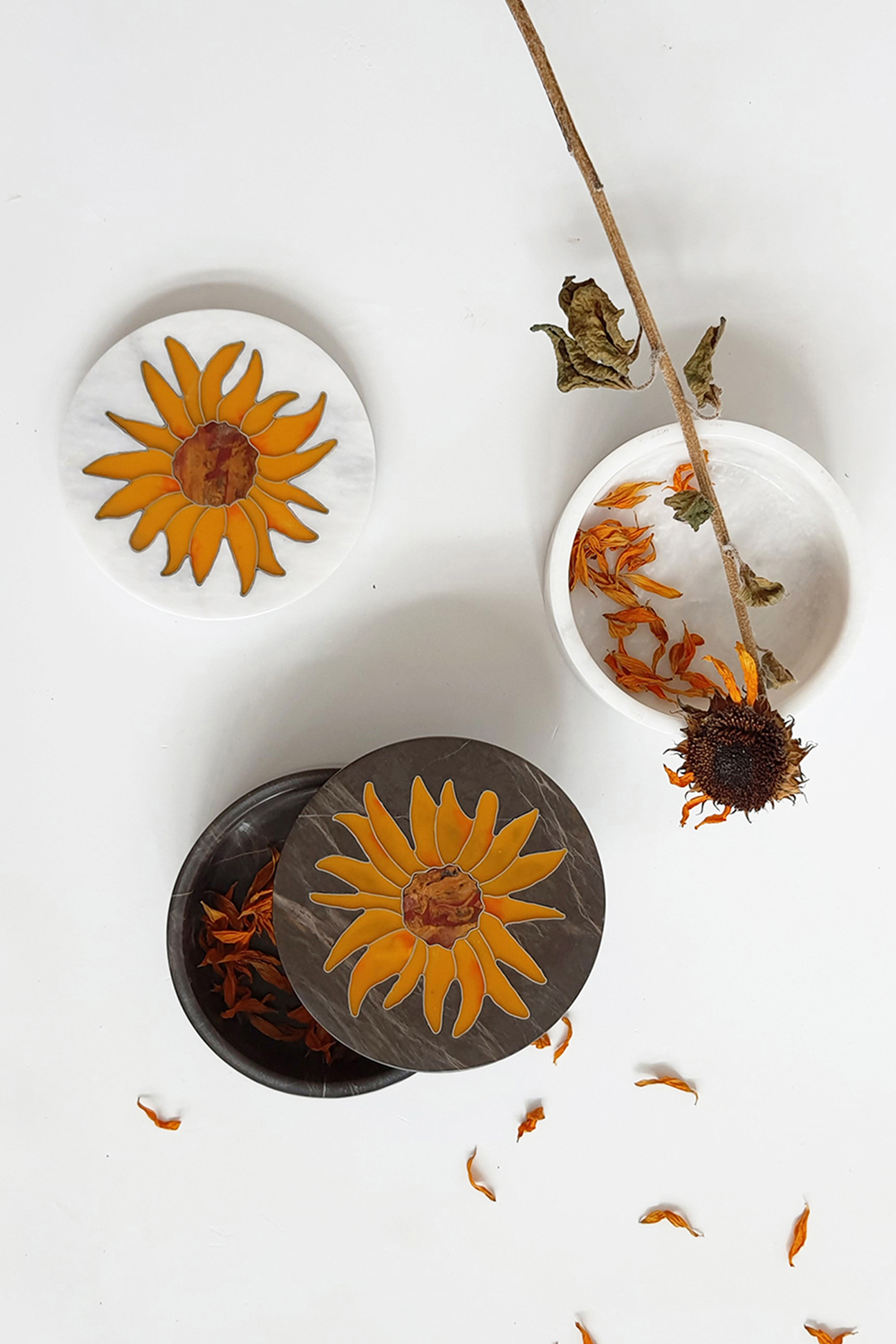
“When refugees cross borders, they bring tangible and intangible parts of their culture with them,” says Meherunnisa, who graduated from the National College of Arts, Lahore and Pratt Institute in New York City. She has worked as lead conservation architect at the Aga Khan Historic Cities Programme on the conservation of the Lahore Walled City project before joining Studio Lél. “Making becomes part of the healing mechanism – a belief in something that is greater than, and beyond, the region’s sustained conflict and migration. I believe craft has the power to reconstruct identity.”
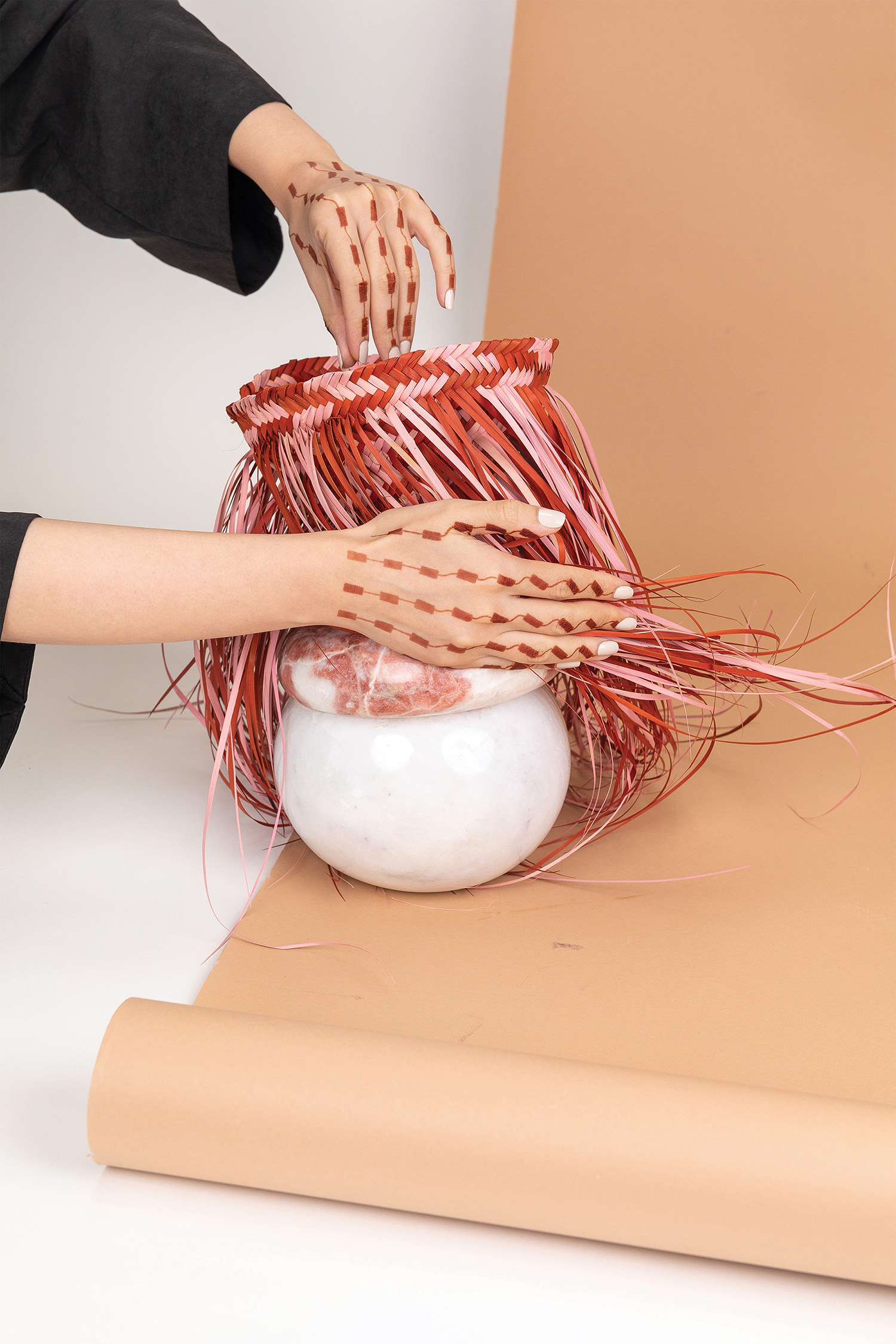
At the heart of Studio Lél is the art of pietra dura, which dates back to the Roman opus sectile technique that reached its peak during the Italian Renaissance in the 16th century. Consisting of the cutting and fitting of stones into intricate forms, it was considered similar to painting in stone and soon found echoes in Iran, Russia, India, Afghanistan, Pakistan and other countries throughout South Asia. At Lél, this art form now also incorporates other techniques such as French verre églomisé (glass gilding), Chinese cloisonné (enamelling), Italian scagliola and epoxy resins, resulting in one-of-kind furniture and decorative objects. From onyx, jasper, amazonite, agate, jade, serpentine and sandstone to coloured marble sourced from the mountains of Pakistan, lapis lazuli from the Badakhshan province in Afghanistan, malachite from South Africa and turquoise from Iran, a variety of gems and semi-precious stones adorn Studio Lél creations, offering a vast array of colours to create an infinite number of motifs.
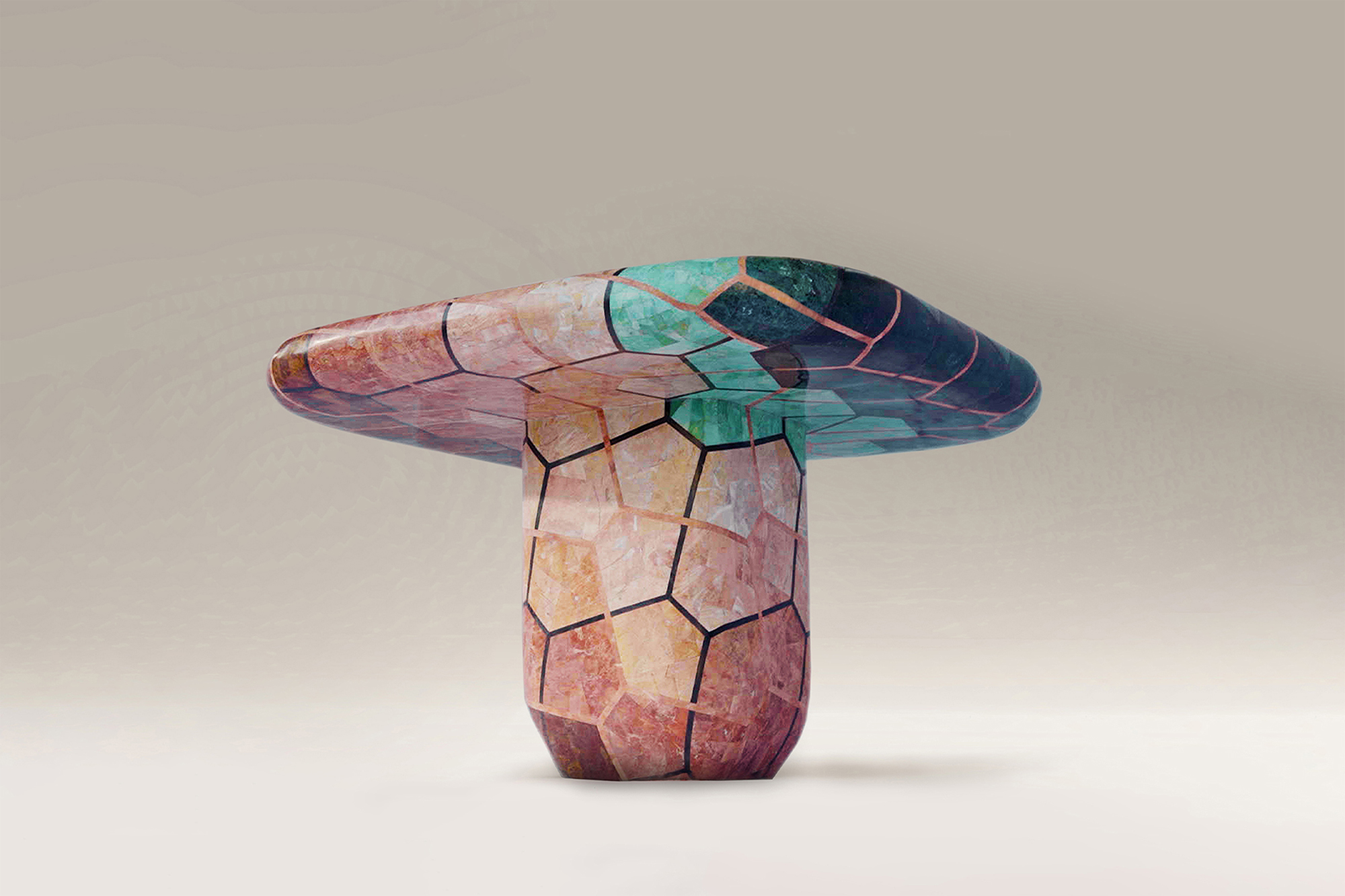
For Meherunnisa, telling the stories of the artisans who created these pieces is just as important as preserving their savoir-faire. In addition to promoting the traditional crafts of her country, she also strives to offer a reinterpretation of it, to make it accessible to an international audience. This approach has proven to be successful, with the growing recognition of Studio Lél beyond the borders of Pakistan over the past few years. It’s collaborations with designers and initiatives across the globe – such its recent work with Nada Debs and its collection with Sharjah-based platform, Irthi – has helped spread its message beyond its national borders.
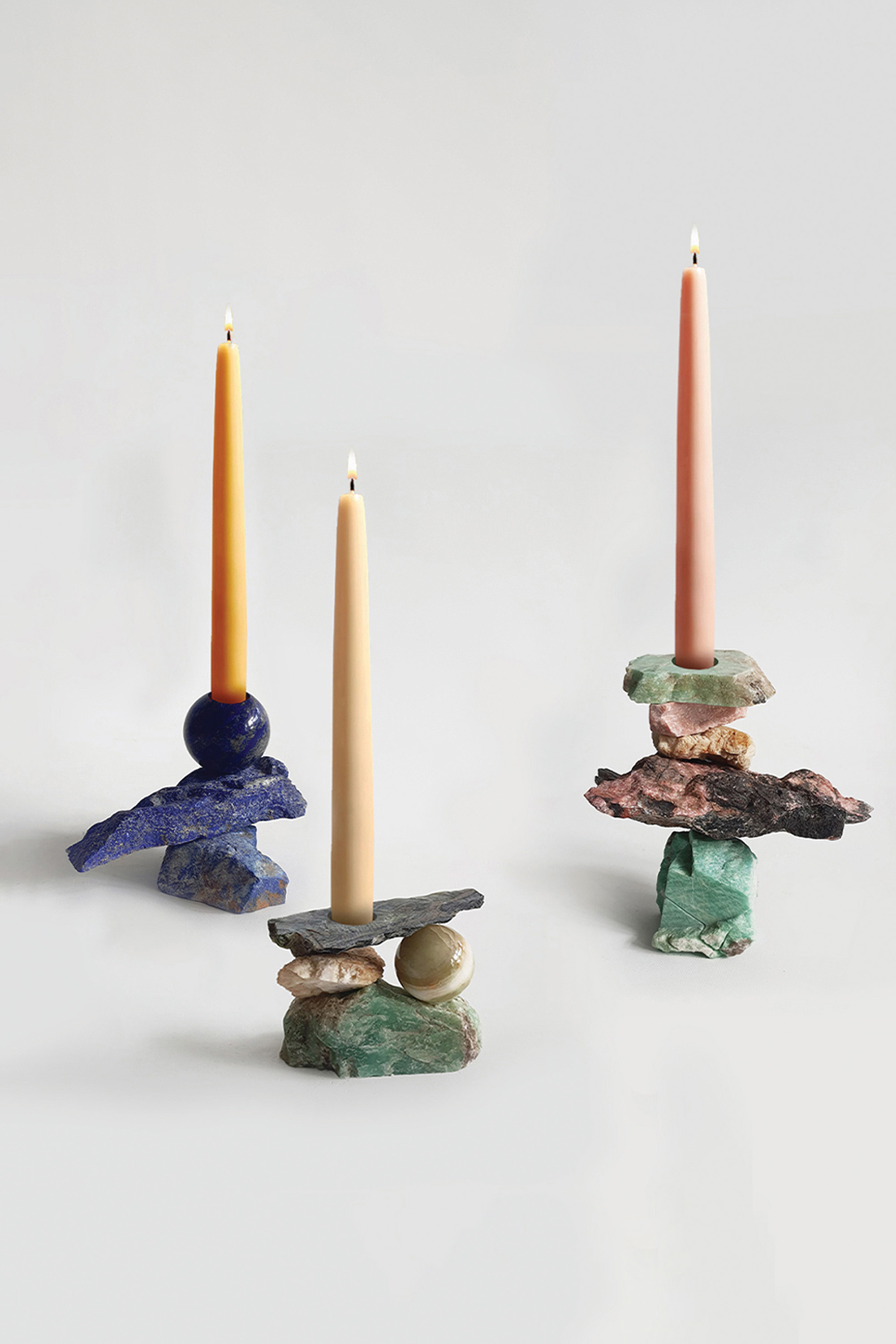
“Through my practice, I seek to draw the world’s attention to Peshawar’s layered history, its importance in the region and the fine craftsmanship that has existed and flourished here for centuries – encouraging new perspectives of Peshawar within its citizens and abroad,” Meherunnisa concludes.
The Latest
Maison Aimée Opens Its New Flagship Showroom
The Dubai-based design house opens its new showroom at the Kia building in Al Quoz.
Crafting Heritage: David and Nicolas on Abu Dhabi’s Equestrian Spaces
Inside the philosophy, collaboration, and vision behind the Equestrian Library and Saddle Workshop.
Contemporary Sensibilities, Historical Context
Mario Tsai takes us behind the making of his iconic piece – the Pagoda
Nebras Aljoaib Unveils a Passage Between Light and Stone
Between raw stone and responsive light, Riyadh steps into a space shaped by memory and momentum.
Reviving Heritage
Qasr Bin Kadsa in Baljurashi, Al-Baha, Saudi Arabia will be restored and reimagined as a boutique heritage hotel
Alserkal x Design Miami: A Cultural Bridge for Collectible Design
Alserkal and Design Miami announce one of a kind collaboration.
Minotticucine Opens its First Luxury Kitchen Showroom in Dubai
The brand will showcase its novelties at the Purity showroom in Dubai
Where Design Meets Experience
Fady Friberg has created a space that unites more than 70 brands under one roof, fostering community connection while delivering an experience unlike any other
Read ‘The Winner’s Issue’ – Note from the editor
Read the December issue now.
Art Dubai 2026 – What to Expect
The unveils new sections and global collaborations under new Director Dunja Gottweis.
‘One Nation’ Brings Art to Boxpark
A vibrant tribute to Emirati creativity.
In conversation with Karine Obegi and Mauro Nastri
We caught up with Karine Obegi, CEO of OBEGI Home and Mauro Nastri, Global Export Manager of Italian brand Porada, at their collaborative stand in Downtown Design.

